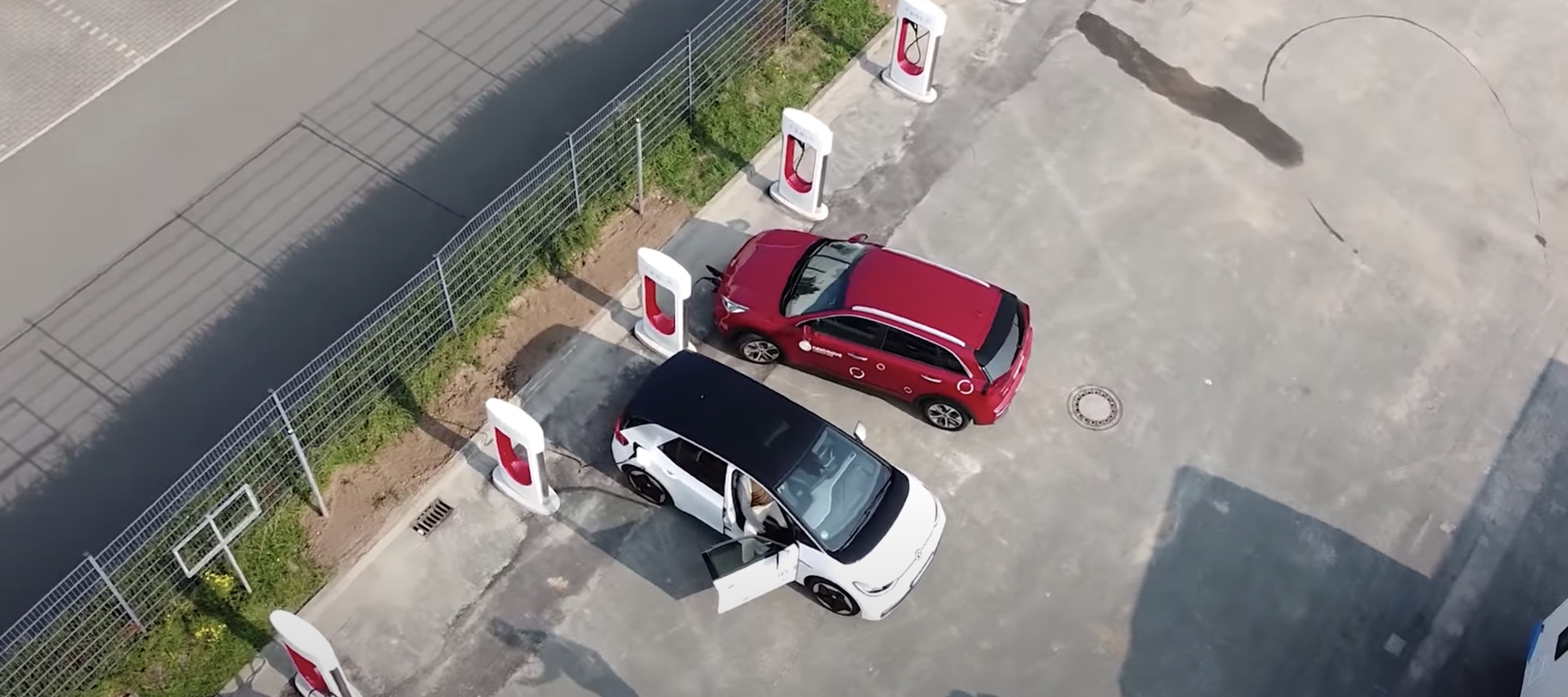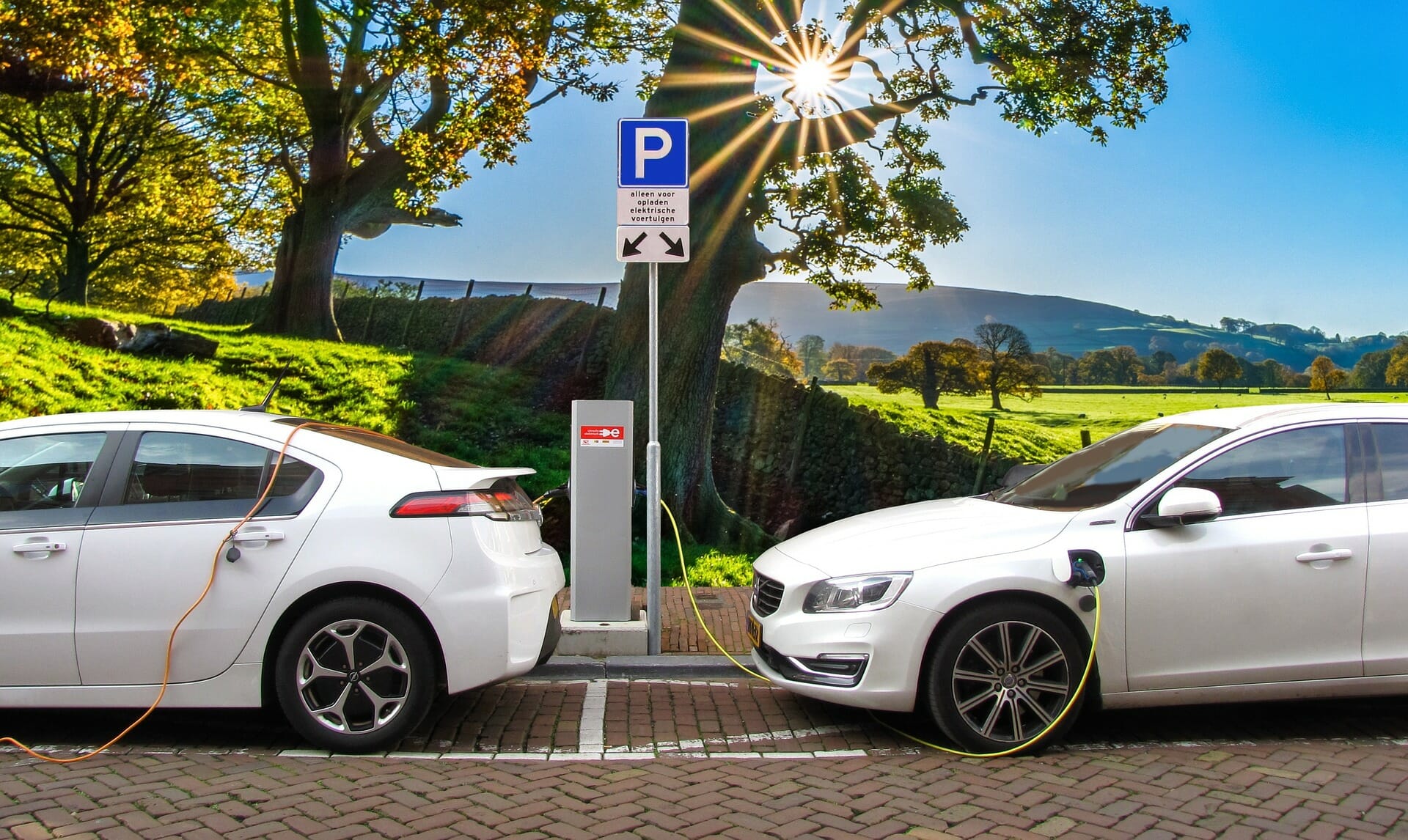
Autonomous vehicles are cars that can drive themselves and operate without the aid of a human driver. They use a number of sensors, cameras, and radars to map the world around them. Software can then use the data from the sensors to navigate through obstacles. The system then uses AI to make decisions.
Self-driving cars are still many years away from being common. But if they do hit the road, they will be able to perform everything a human driver can. They can steer, brake, and accelerate, as well detect and avoid other vehicles. Advanced safety features include blind spot detection, lane-centering assist, automatic emergency brakes, collision warnings, and lane-centering. These features can help you avoid some crashes.
However, this technology is not yet reliable. NHTSA claims that nearly ninety percent (or more) of fatal car crashes are human-caused. Similarly, many experts worry that self-driving cars could be distracted. Experts worry that they may be distracted by pedestrians and animals or not aware of their surroundings when it's time to take control.

Autonomous vehicles will continue to increase in popularity, so they will need safety testing. NHTSA has recently stated that there is still much work to be done to ensure safety. For example, it's unclear how many crashes will occur after the vehicles are introduced to the public.
Self-driving cars are currently not allowed on many roads in the United States. They may not be allowed to cross state boundaries depending on their jurisdiction. To prevent "zombie cars" from clogging roads, they will also be subjected to per-mile tax. Lawmakers are proposing panic button requirements to AVs. This is to address reports that self-driving cars can make unexpected turns.
Waymo and Google have been testing fully-automated vehicles for several years. Previously, automakers only offered incremental automation features in their cars, such as adaptive cruise control, lane-centering assistance, rearview video cameras, and blind-spot detection. With advances in sensor technology, artificial intelligence and other innovations, advanced autonomous driving systems have become possible.
Fully-automated vehicles can make thousands decisions in just one mile. It will also be capable of steering and braking autonomously on the highways. However, they will still be decades away from being available for the general public.

Self-driving cars must be tested in realistic environments before they can be made widely available. These conditions include a variety of potential obstacles, including traffic, construction projects, and lane changes. This requires extensive testing and validation. Waymo, in fact, has already driven eight million kilometers in its autonomous fleet.
This is leading to major disruption in the automotive industry. Companies are also facing cybersecurity risks. They must develop a human-machine interface that allows occupants to safely interact with the car.
FAQ
Is it worth being a mechanic.
The answer depends on what you are looking for in life. If money is your goal, then you can answer "yes". But if you are searching for meaning and purpose, then you should not answer this question.
You don't need to be a mechanic if you don't know how. It will not make you rich. You won't become famous. It is unlikely that you will be made famous.
You'd need to spend years learning how everything works. Then you'd still have to pay someone else to fix your car when it breaks down. Most people avoid doing this. They find something better.
You can make a lot of money if you are looking to do well. You can't live a meaningful existence if your goal is to make a living in the mechanic's business.
Does it matter where I go to college?
You're wrong. There is no difference between colleges in terms of how to get into the automobile industry. But, there are better programs at some schools than others. Look elsewhere if you want something more niche.
How can I fix my automobile as a hobby.
You might be interested in cars as a hobby. It is possible to learn about cars, repair them, purchase parts, or simply enjoy them. It's a fun hobby that you can do if it interests you.
It isn't easy to turn it into a full time job. This requires dedication and hard work. You'll also need to invest a lot.
You might not have a compelling reason to get involved in the car industry.
Statistics
- 52% of Mechanics in the United States think their salaries are enough for the cost of living in their area. (indeed.com)
- There were 749,900 jobs available for automotive service technicians and mechanics in 2016, which is expected to grow by six percent through 2026. (jobhero.com)
- According to the BLS, the median annual salary for automotive service technicians and mechanics in the United States was $44,050 in May 2020. (uti.edu)
External Links
How To
How to become a mechanic certified
The mechanic's certificates are intended for professionals who wish to become automotive technicians. These certifications provide an overview of all aspects of auto repair including engine diagnostics and electrical systems, brakes. steering. fuel injection. air conditioning. heating. exhaust. diagnostic tools. body repairs. collision damage repair. collision repair. paintless dent removal. motor vehicle emissions testing.
The program comprises 12 hours of classroom instruction, and three months on-the job training at a participating dealership. Students must complete a minimum of 60 clock hours of classroom study per semester and pass a written exam, including theory and practical questions. After completing the coursework students are eligible to take the National Institute for Automotive Service Excellence state examination (ASE). ASE certification is required for employment as an automotive service technician.